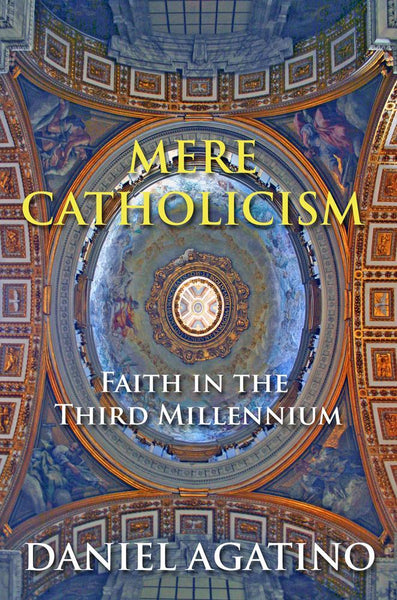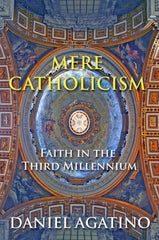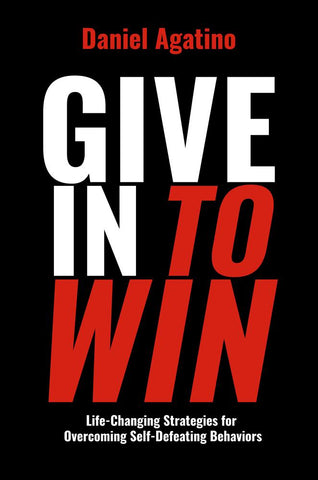Mere Christianity brilliantly focuses on what essentially all Christians agree upon; namely the Creed, the canon of the New Testament, etc. However, many of the great controversies between Protestants and Catholics are purposely not discussed. There were ecumenical reasons for avoiding topics like papal primacy, purgatory, Marian devotions, and so forth. But, by avoiding these sorts of topics, Mere Christianity can be read as Mere Protestantism.
I wrote Mere Catholicism to address some of those missing topics. Even though I am both intellectually and emotionally convinced of the truth of Catholic Christianity, I am indebted to C. S. Lewis (an Anglican) for helping me better understand how Christianity offers the most compelling raison d’être. His work and I hope my own is an exploration of “faith seeking understanding,” to quote St. Anselm of Canterbury.
Contents:
- Preface
- Introduction: Christianity in the Third Millennium
- 1. Faith and Reason
- 2. Freedom and Responsibility
- 3. Work and Prayer
- 4. Sin and Salvation (Hamartiology and Soteriology)
- 5. Suffering and Love
- 6. God (Theology)
- 7. Jesus (Christology)
- 8. Mary (Mariology)
- 9. Saints and Angels (Hagiology and Angelology)
- 10. The Church (Ecclesiology)
- 11. The Bible (Bibliology)
- 12. Humankind, Creation, and Last Things (Anthropology and Eschatology)
- Notes
- About the Author
Page Count: 360
Trim Size: 6 x 9
Publish Date: December 8, 2018
Imprint: Sunbury Press
Genre: Religion
RELIGION / Christianity / Catholic
RELIGION / Christianity / History
RELIGION / Christian Living / Spiritual Growth



